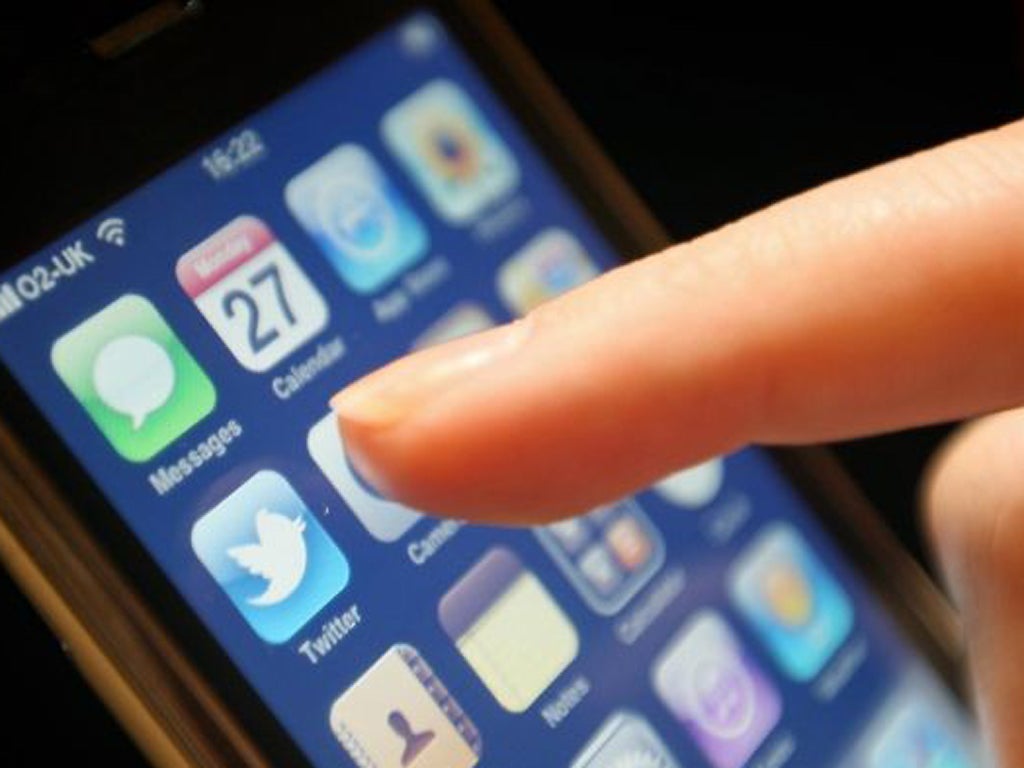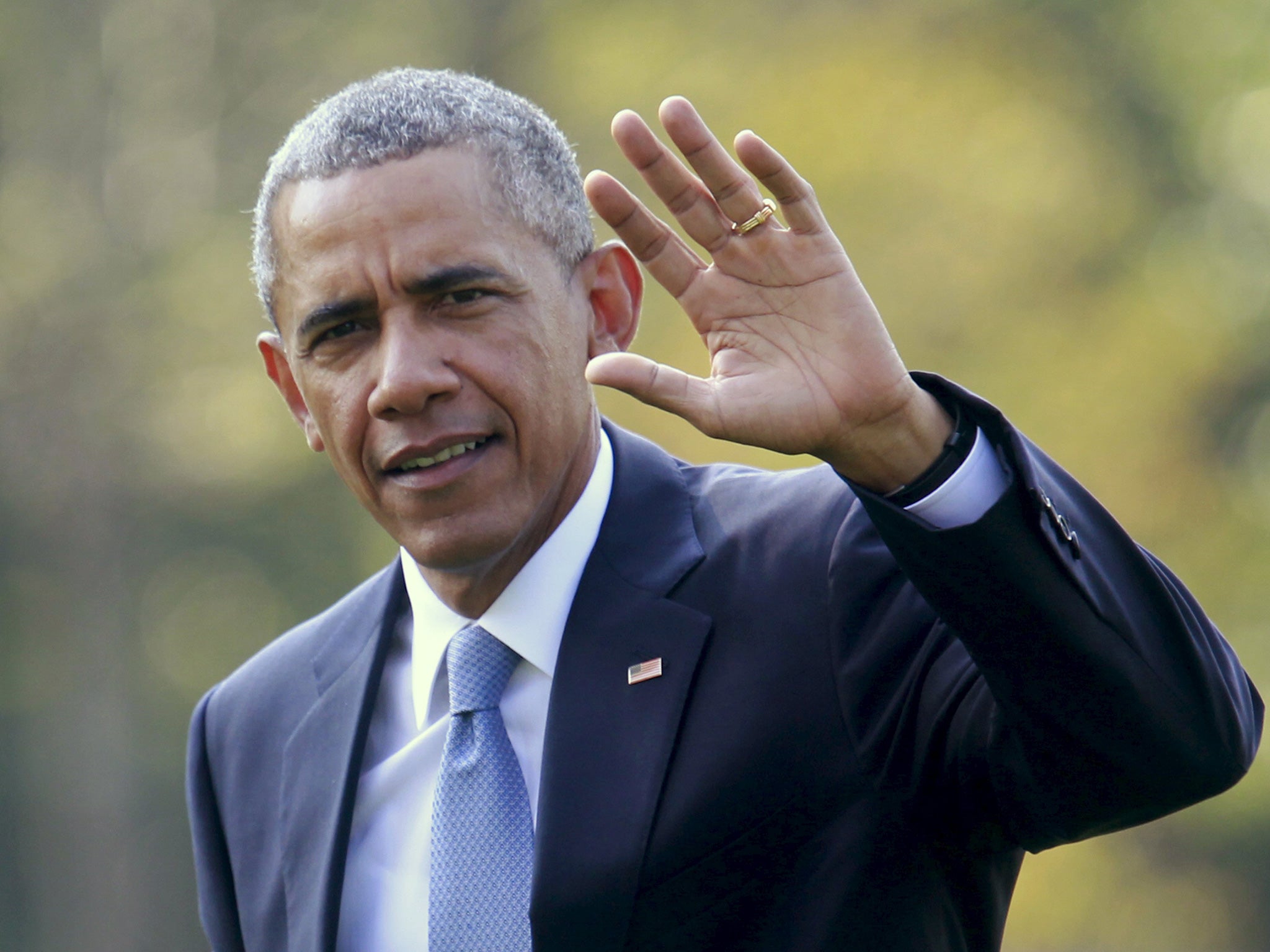The way you tweet gives away your political views, study finds
Conservative tweeters in the US are more likely to discuss religion, while liberal Twitter users swear more often, a study found

Your support helps us to tell the story
From reproductive rights to climate change to Big Tech, The Independent is on the ground when the story is developing. Whether it's investigating the financials of Elon Musk's pro-Trump PAC or producing our latest documentary, 'The A Word', which shines a light on the American women fighting for reproductive rights, we know how important it is to parse out the facts from the messaging.
At such a critical moment in US history, we need reporters on the ground. Your donation allows us to keep sending journalists to speak to both sides of the story.
The Independent is trusted by Americans across the entire political spectrum. And unlike many other quality news outlets, we choose not to lock Americans out of our reporting and analysis with paywalls. We believe quality journalism should be available to everyone, paid for by those who can afford it.
Your support makes all the difference.You can tell someone’s political opinion on Twitter partly by how much they swear or mention God, a study has found.
Researchers at Queen Mary University of London studied almost a million tweets from more than 10,000 users in the US to assert that Republican and Democrat supporters could be detected by looking at their vocabulary and topics of choice.
They found that liberals were more likely to swear, with “f***” and “s***” in their top-10 used words, but rather than being aggressive or insulting, researchers suggested that the expletives were a product of “emotionally expressive language”.

Conservatives were found to be more likely to use religious terminology including the words “God” and “psalm”, and discuss Barack Obama and other members of the opposition.
For liberals, international news was a more common topic of discussion and tweeters emphasised their individuality talking about “I” and “me”, compared to the consensus found with conservative tweeters repeatedly describing themselves using “we” and “American”.
Dr Matthew Purver, from Queen Mary’s computational linguistics lab, who co-authored the report, said social media could be used to understand behaviour “offline”.
“The way people talk and interact on Twitter can provide a more robust and natural source for analysing behaviour than the traditional experiments and surveys,” he added.
“The results closely matched our predictions based on existing understanding of political supporters’ psychology.
“This means we could use Twitter data in future to better understand people’s behaviour and personality, while also using psychological research to understand more about Twitter users.”

Dr Purver and his fellow researchers examined tweets sent between 15 and 30 June 2014 by followers of either Republican or Democrat party Twitter accounts for the study, which was published in the PLOS ONE journal.
Its introduction said that psychological differences between people of opposing political viewpoints had traditionally been measured with questionnaires and experiments, but that Twitter had become a prominent data source for sociolinguistics because of its ability to capture “voluntary opinions and sentiments”.
Despite the findings, it cautioned that the research had several limitations as Twitter is only used by around 14 per cent of adults in the US.
Tweets posted by institutions rather than individuals were not separately assessed and the analysis did not consider the meaning of tweets to evaluate the nuances of disagreement, humour or sarcasm.
Join our commenting forum
Join thought-provoking conversations, follow other Independent readers and see their replies
Comments